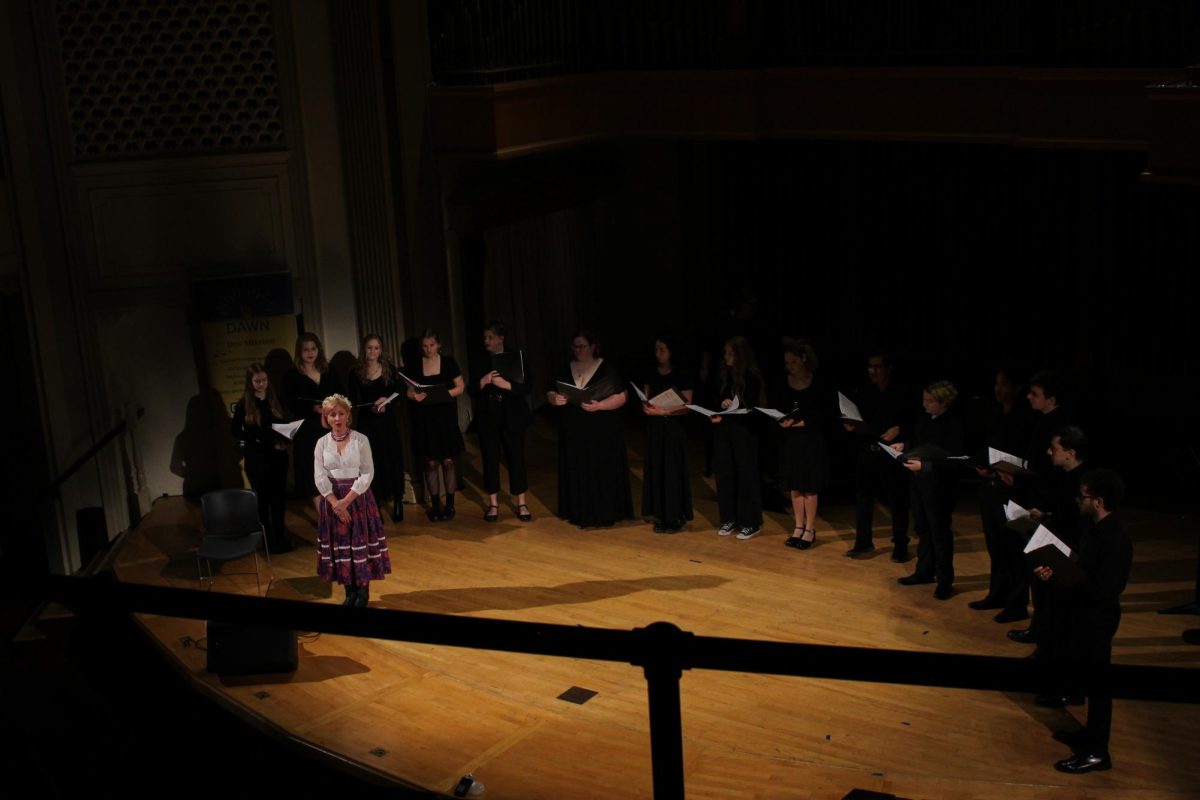When President Barack Obama signed the Health Care and Education Reconciliation Bill into law March 30, the federal government became the primary lender of student loans.
In past years, banks were the common lenders of student loans. Now, as stated in the bill, the government will lend money directly to college students for all federal loans.
The Linfield Financial Aid Office made the transition to using only government-issued loans this year but the new law will go into effect July 1.
“We saw it coming,” Loan Coordinator Sharon Sweeney said. “Other schools waited until they were forced to switch, and now some of them are scrambling to make the change.”
About 80 percent of student loans were funded by the government before the measure was passed. Many banks stopped loaning to students in recent years, Sweeney said.
The change was a “switch to cut out unnecessary middlemen,” Obama said during a speech at Northern Virginia Community College on March 30.
The government will no longer be required to pay subsidies to banks for college loans or pay off debt from students who default on loans. The change will save the government an estimated $68 billion during the next 11 years, according to the Congressional Budget Office.
“If the money saved that goes back to the government is going to be dispersed in the form of other financial aid, then I think that’s a good thing,” junior Klya Iveans said.
Iveans transferred to Linfield this fall and uses loans to help pay for tuition.
The savings by the federal government will be used to allocate more funds to community colleges, more Pell Grants and more subsidized loans to students and establish relaxed repayment terms to borrowers, Sweeney said.
The only change students may have noticed because of the switch was the need to fill out a new Master Promissory Note to receive loans.
“It doesn’t affect eligibility, interest, the terms of loans or anything else,” Sweeney said.
Students with Stafford Loans who are graduating this spring will be asked to attend an exit counseling meeting May 6, she said.
The switch may also affect how students pay back loans, Sweeney said. Students may have to pay back two lenders — the government and the banks that issued older loans — instead of using one payment plan.
But the biggest effect of the change will be the impact on banks and other financial institutions, such as Sallie Mae, one of the largest lenders of student loans.
“A lot of people stand to lose jobs because of this,” Sweeney said.
Shawn Fisher
News reporter Shawn Fisher can be reached at [email protected]







kirk lindland • Jan 8, 2013 at 8:32 am
I think that there would be a lot people who were able to attend college. Most people who start college have very little credit history